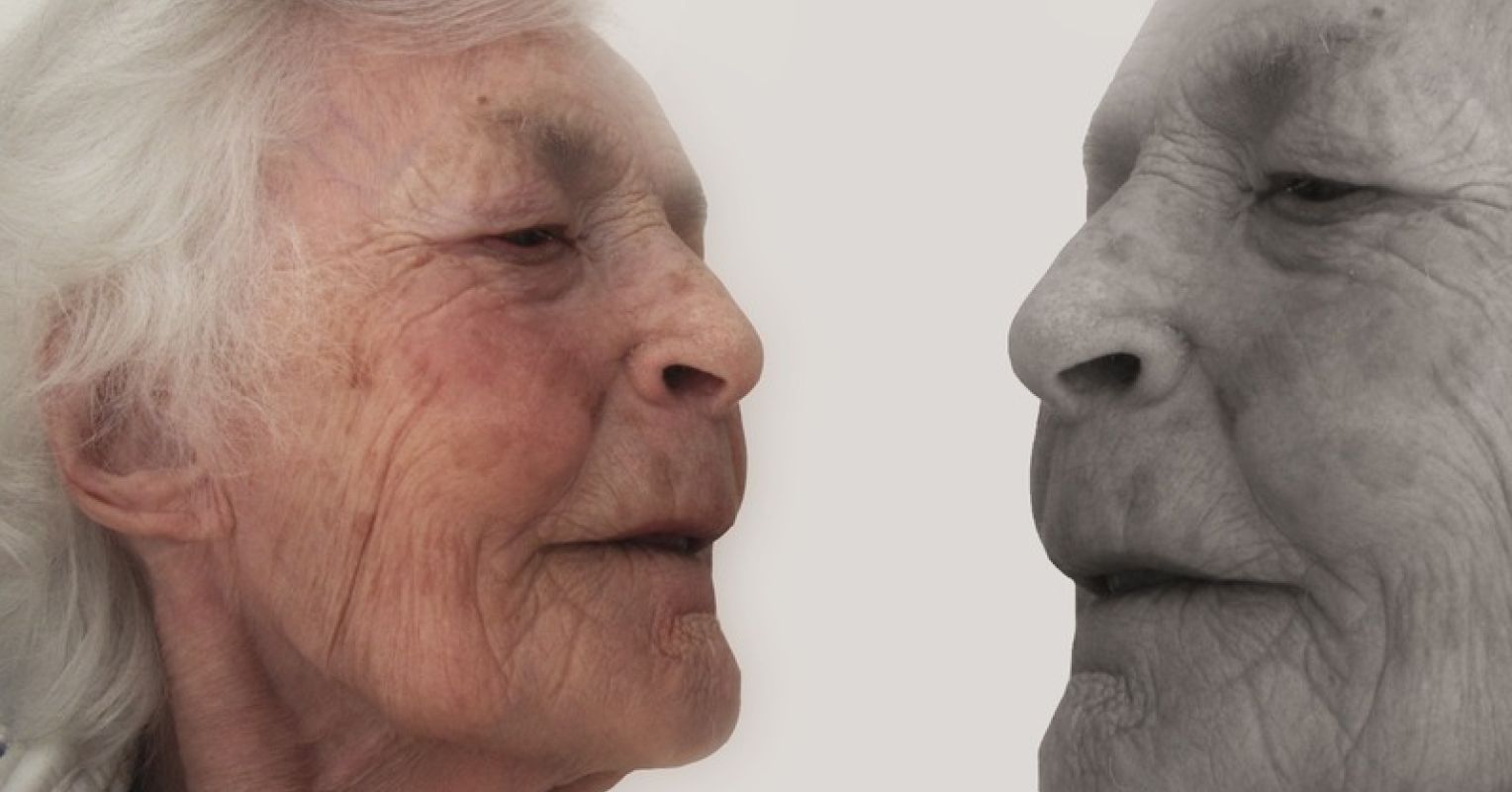I just read two fascinating articles about aging, one of which confirmed my deepest hopes and the other of which activated my deepest fears.
I’ll start with the optimistic research: Under the headline, “Study finds slowing of age-related decline in older adults,” ScienceDaily reported on a new study from England which found that “older adults today experience higher levels of physical and mental functioning than previous generations did at the same age.”
The researchers conclude, “the trends were very strong and suggest that, for many people, 70 really may be the new 60.”
The researchers reached this conclusion by examining trends in older people’s functioning—in cognitive abilities, psychological coping, mobility, and sensory capacities. This approach was new, in that previous similar studies usually looked at whether older people were or were not afflicted with disease.
Researchers believe that the higher functioning of older adults is likely due to advances in nutrition, vision, hearing care, and medical science, including procedures such as knee replacement surgery. England, of course, has universal health care, and the US does not, but I would guess that many Americans have probably also benefited from advances in medicine and public health.
So, if you feel significantly younger than your chronological age, you are not just kidding yourself. I just turned 80; if 70 is the new 60, could 80 be the new 70? I hope so!
Despair in Deep Old Age
About the same time that I read the above research, I noticed a post on “Why Tiredness of Life is a Growing Phenomenon” by PT blogger Sam Carr, who has done research in Europe on the topic. In fact, Carr is a member of the “European Understanding Tiredness of Life in Older People Research Network,” a group of geriatricians, psychiatrists, social scientists, psychologists, and death scholars.
The central issue that Carr lays out is that some older adults, even healthy ones and those who feel they have lived meaningful lives, at some point become ready to die, and even to end their own lives. For some, this wish is due to the loss of significant others, fear of dependence, and/or loneliness. Others feel an existential despair stemming from a loss of purpose and meaning in their life. In their eyes, life’s voyage is over, and they are ready to get off the boat.
Carr summarizes the dilemma for these people and their caregivers. Should those who are “tired of life” be allowed to take advantage of euthanasia and assisted suicide where these measures are legal? Or must they have a clearly fatal medical or Mental health diagnosis to take such an irrevocable step?
It is not clear what percentage of older adults in Europe suffer from “tiredness of life” to the point where they’d prefer to end it. It is also not clear why “tiredness of life” is a “growing phenomenon,” although perhaps that condition is a possible result of and downside to increasing longevity.
Most older people can probably relate to the feelings expressed by this group, whatever its size, even if they don’t share those feelings. I can understand how certain losses could drive me to the conclusion that life has no meaning; for example, if I were seriously impaired, mentally or physically.
Still, these are people in good health. If I am fortunate enough to be healthy in advanced old age, I could envision searching for new ways to make my life meaningful and fun. Or, I might just enjoy all the little moments of life: a cup of coffee, a good meal, a walk in nature, a chat with a friend or family member. But who knows? Maybe I am a victim of self-delusion.
Carr ends his post with an actionable insight. He notes that the problem stems in part from Western society’s ageism—a failure to value elders and their wisdom. In Japan, by contrast, old age is “seen as a spring or rebirth after a busy period of working and raising children.” Further, “one study found older adults in Japan showed higher scores on personal growth compared with midlife adults, whereas the opposite age pattern was found in the US.” This suggests that part of the problem can be remedied by reframing old age as a time for growth, rather than the end of growth, and then providing opportunities for that growth: part-time work, art, music, creative writing classes, and volunteer jobs, to name a few possibilities.
Reminders
Lest anyone over-generalize about the “tiredness of life” phenomenon, let me remind you that:
- Oceans of survey research show that most people over the age of 65 are generally happy people. This happiness can extend into the 70s, 80s, and beyond.
- Working full or part-time or volunteering may extend this happiness.
- Death is a permanent solution to what could be a temporary problem. If you are depressed, at whatever age, call 988, the national suicide and crisis hotline, or use other resources to get help. To find a therapist, visit the Psychology Today Therapy Directory.
- Learning to relish the small pleasures of life can add “lift” to your day.
The idea that any of us could someday suffer from “tiredness of life” makes me sadder than sad. But the research on improved functionality of older people indicates that many of us are healthier and more youthful than our chronological age, and that conclusion offers hope. And even though deep old age may make some older people tired of life, the new research indicates that at least we can delay the aging process and enjoy life for longer than we thought possible.
So enjoy yourself. It’s earlier than you think.
© Meg Selig, 2024. All rights reserved.













